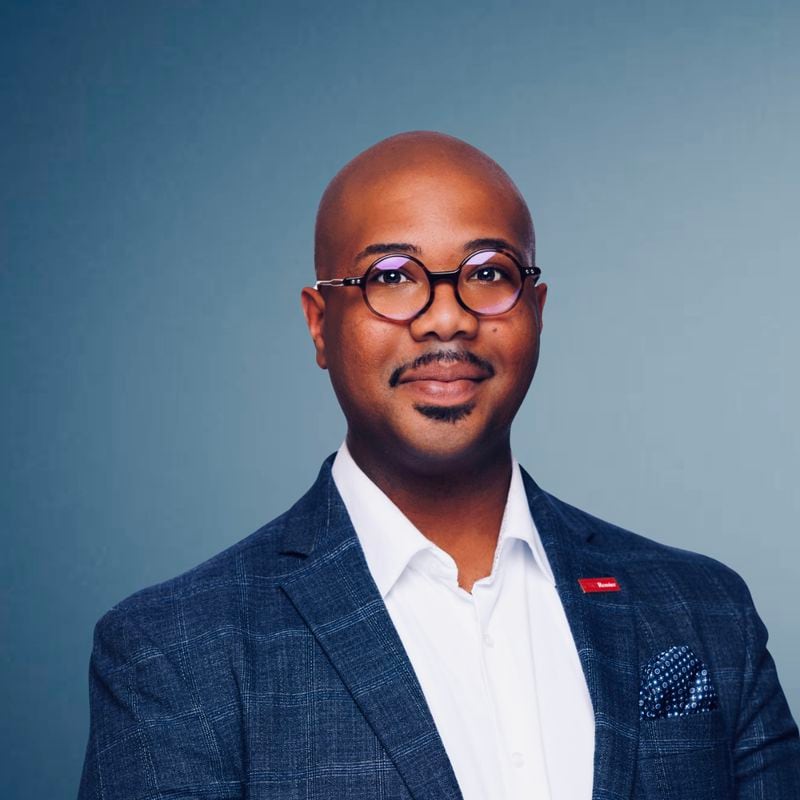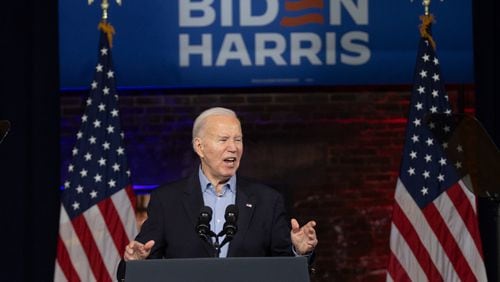Christopher A. Thompson is a doctoral student in the global executive doctor of education program at the University of Southern California’s Rossier School of Education. He is also a part-time instructor at the Norman J. Radow College of Humanities and Social Sciences at Kennesaw State University. Additionally, he is the parliamentarian and communications chair of the KSU Part-Time Faculty Council.
In a guest column, Thompson addresses the long-standing neglect of the adjunct teaching force through the state’s public university system.
By Christopher A. Thompson
Gov. Brian Kemp’s recent State of the State address shed light on significant financial challenges Georgia residents face, promising a renewed commitment to address key issues. However, a critical aspect seems to be overlooked in his plans — the plight of part-time instructors within the state’s higher education system.
Kemp emphasized the financial struggles faced by many households with over 60% living paycheck to paycheck and 8.4 million Americans working two jobs. While proposing substantial funding for public safety, health care and education, he failed to acknowledge the vital role played by part-time instructors in Georgia’s higher education landscape.
Despite allocating $37.5 billion in the current budget and proposing $36.1 billion in 2025, Kemp maintained a pessimistic view on revenue, anticipating a nearly 7% decline through June. Notably, public school teachers would receive a $2,500 raise, but this commendable initiative overlooked the dedicated faculty members of the larger University System of Georgia community.
Credit: House Of Heralds PR
Credit: House Of Heralds PR
Part-time instructors within the USG have been neglected with the last raise occurring in 2015. While they received a cost-of-living adjustment in 2020, they were excluded from the bonus pay and support provided to their full-time counterparts. Many part-time instructors, often retired or holding advanced degrees, turn to teaching as a means of supplemental income, making their exclusion from these benefits all the more glaring.
The oversight becomes particularly concerning as higher education institutions strive for accreditation, placing a substantial teaching load on part-time instructors who are often contractual employees. Their efforts contribute significantly to the educational ecosystem, yet they remain under supported and undervalued. Being scholar-practitioners allows them to support students in and out of the classroom with creating career pathways.
In a broader context, these instructors are crucial to the success of institutions like Kennesaw State University. As of fall 2022, KSU employed 785 part-time faculty, compared to 567 full-time faculty. Part-time instructors deliver 29% of the total hours taught at KSU, highlighting their substantial contribution to the university’s academic mission.
Across different academic units, the reliance on part-time and long-term faculty varies. Some departments have more than 40% of courses delivered by these instructors, indicating a robust presence in general education and specialized fields. The impact of part-time faculty extends across the academic journey, emphasizing their importance in shaping the educational experience for students.
To address the disparities faced by part-time instructors, collaborative efforts and support networks within the academic community are essential. Here are some suggested ways for non-tenure faculty members to support one another:
1. Network with colleagues in other departments to foster collaboration and share experiences.
2. Share best practices and opportunities for professional development to enhance teaching skills.
3. Engage with administrative staff and active change agents to advocate for fair compensation and recognition.
4. Seize every opportunity for skill development to enhance professional growth and contribute to academic excellence.
Kemp’s commitment to prioritizing public safety, health care and education is commendable. However, the oversight of part-time instructors, who are integral to the success of Georgia’s higher education system, raises concerns about equitable treatment and support within the education sector. It is imperative that these educators receive the recognition and compensation they deserve for their vital contributions to the state’s academic landscape.
About the Author








